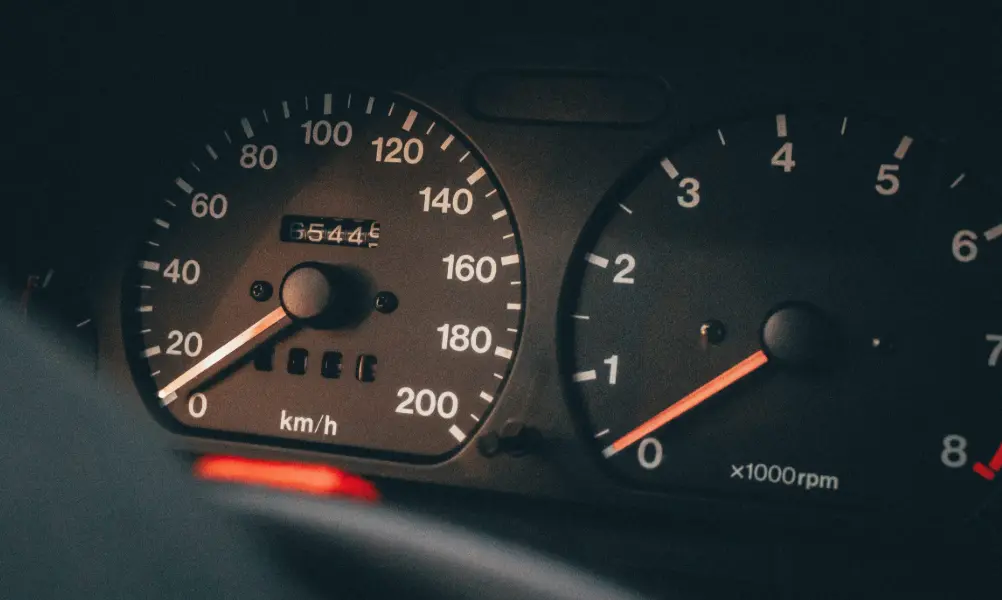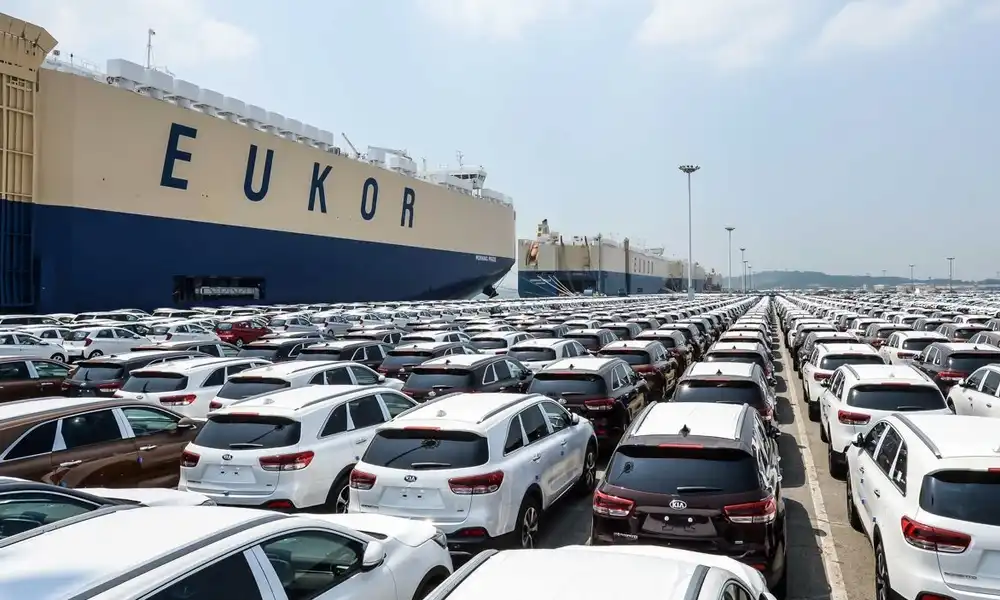Some Korean automobile exporters manipulate odometers to show lower mileage, deceiving foreign buyers. Importers can avoid this by requesting official performance inspection records, using Korea’s government vehicle history portals, and working with verified export agents.
UsedCarKorea.com
South Korea is a global hub for exporting high-quality used vehicles. From compact city cars to luxury sedans, international buyers flock to Korean platforms to secure reliable vehicles at competitive prices. But beneath this booming market lies a growing concern — mileage manipulation by some Korean automobile exporters.
This practice not only undermines trust but can cost importers thousands in repair fees and vehicle value depreciation. Here’s what you need to know — and how to protect yourself.
Table of Contents

What is Mileage Manipulation?
Mileage manipulation, also known as odometer rollback, is the illegal act of reducing a car’s recorded distance traveled. It creates the illusion of a “lightly used” vehicle, increasing its market value.
Why It Happens:
- Higher prices for low-mileage vehicles
- Increased trust from international buyers
- Harder for foreign buyers to verify actual data remotely
How Is It Done in Korea?
While South Korea has strict vehicle inspection protocols, not all exporters follow regulations. Some manipulate odometers after acquiring used cars from local auctions or individual sellers, particularly if the vehicles are bound for overseas markets where follow-up verification is minimal.
Common Methods Include:
- Using diagnostic tools to alter digital odometer readings
- Replacing odometer components
- Providing fake inspection papers
The Real Cost to Importers
Importing a car with falsified mileage can lead to:
- Unexpected mechanical failures
- Voided warranty claims
- Lower resale value in the destination country
- Regulatory penalties depending on local import laws
For example, a car showing 70,000 km may actually have driven 180,000 km — a dangerous discrepancy when planning maintenance or assessing wear-and-tear.
How to Detect Mileage Manipulation
1. Check the 성능·상태점검기록부 (Vehicle Condition Report)
Every used car in Korea should come with this inspection certificate. Look for:
- Inconsistencies between report date and mileage
- Signs of tampering or alteration
- Unusually low mileage for older vehicles
2. Use Government Portals
Platforms like:
- www.ecar.go.kr (Car history check)
- 자동차민원 대국민포털 – offers free inspection and ownership history
- Korea Transportation Safety Authority (TS)
These tools allow you to check vehicle maintenance and inspection records using the VIN or registration number.
3. Ask for Auction Records
If the vehicle was bought at auction, request the full auction sheet with mileage history. Reputable exporters can provide this.
4. Third-Party Mileage Inspection
Hire an independent inspection company in Korea to verify the car before it ships.
How to Buy Safely from Korea
Work Only with Verified Exporters:
Use companies that are:
- Members of the Korea Automobile Export Association (KAEA)
- Transparent with full documentation
- Willing to provide real-time photos and videos
- Have online reputation and verified reviews
Ask for a Video Odometer Verification:
This should include a live view of the dashboard with the engine running and VIN visible.
Red Flags to Watch Out For:
| Red Flag | What It Means |
|---|---|
| Mileage too low for vehicle age | Possible rollback |
| No maintenance records | High chance of fraud |
| Exporter refuses documentation | Lack of transparency |
| Offers “quick deals” only in cash | Scam potential |
Countries Most at Risk
Importers from Africa, Southeast Asia, and South America are particularly vulnerable because:
- Fewer cross-border inspection systems
- Less strict import regulations
- High demand for affordable, “low-mileage” cars
Real Case Study: Nigeria
In 2023, over 20% of Korean used cars exported to Nigeria showed signs of tampered mileage, according to local customs checks. Most of these vehicles had been shipped by unregistered dealers or through informal channels.
Final Thoughts
The Korean used car export market offers exceptional value — but only when importers stay informed. Mileage manipulation remains a serious risk, but with the right precautions, tools, and transparency, you can avoid being deceived and ensure your investment is sound.

FAQs
Is mileage manipulation illegal in Korea?
Yes. Odometer tampering is a criminal offense under Korean law, punishable by fines or imprisonment. However, enforcement is often difficult once vehicles are exported.
What’s a safe mileage for used Korean cars?
Generally, 15,000–20,000 km per year is considered standard. Anything lower for older cars should raise suspicion.
How can I report a suspicious Korean car exporter?
Contact the Korea Consumer Agency or report through your country’s embassy in Korea. You can also submit complaints through Korea’s Fair Trade Commission.


